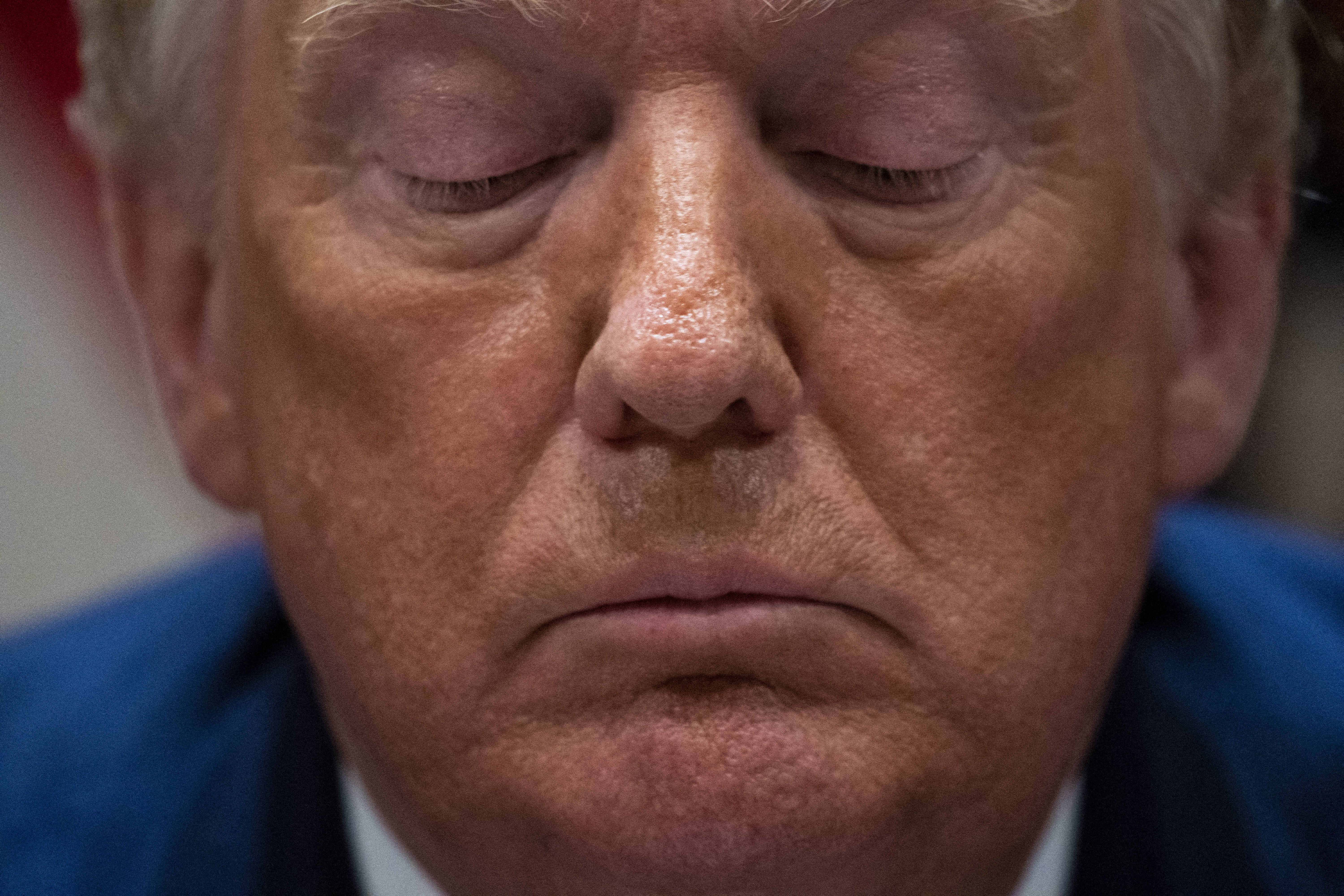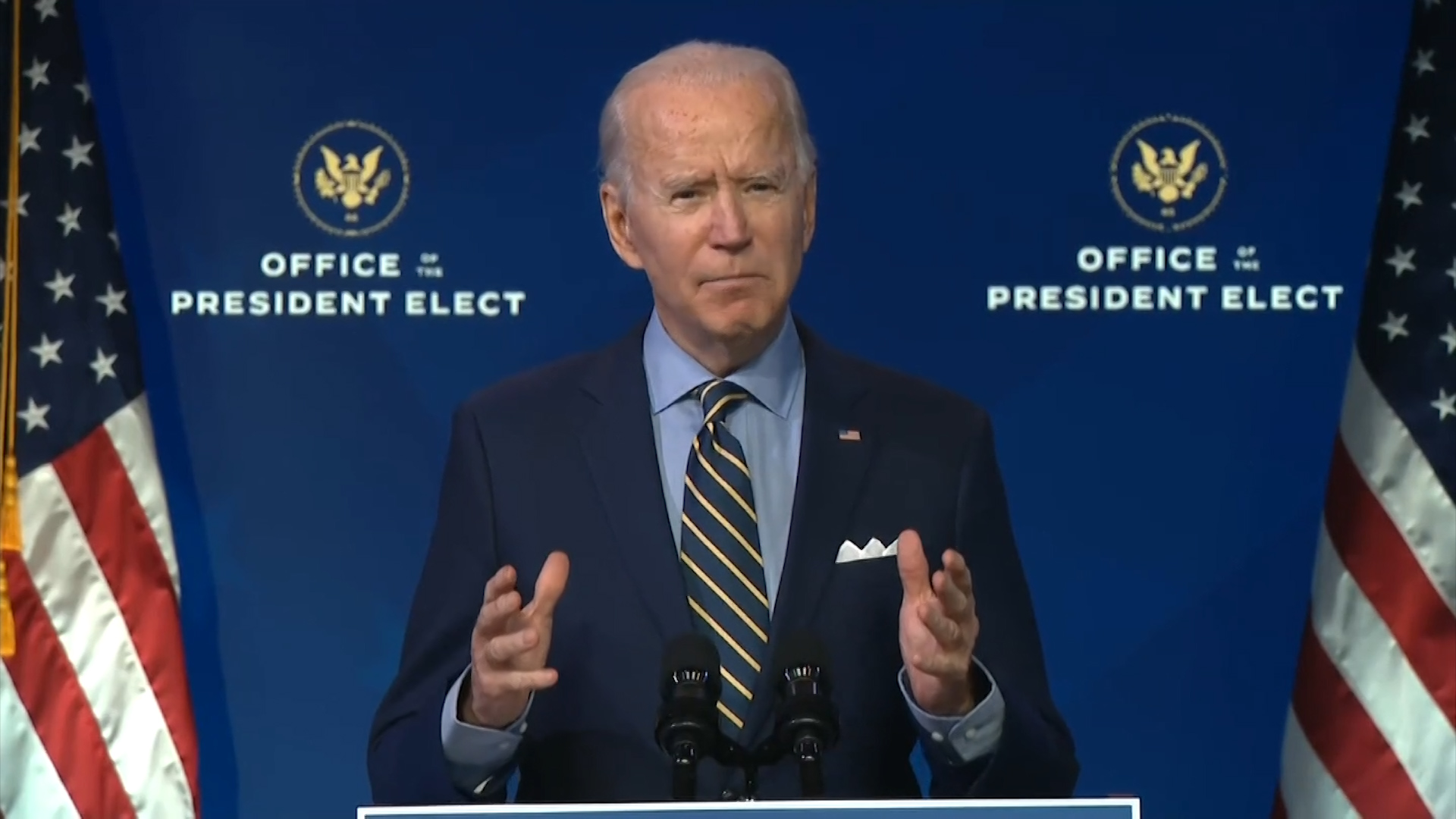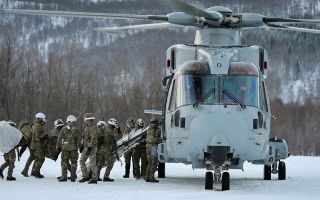
Trump Warned Against Using Military To Resolve Election Disputes

A group of former United States defense secretaries have cautioned outgoing US President Donald Trump against involving the military in pursuing claims of election fraud.
All 10 living former secretaries – both Democrats and Republicans – argued such a move would take the country into "dangerous, unlawful and unconstitutional territory".
The 10 men signed an opinion article published in The Washington Post that implicitly questioned Mr Trump’s willingness to follow his Constitutional duty to peacefully relinquish power on 20 January.
Following the 3 November election and subsequent recounts in some states, as well as unsuccessful court challenges, the outcome is clear, they wrote, while not specifying Mr Trump in the article.
"The time for questioning the results has passed; the time for the formal counting of the electoral college votes, as prescribed in the Constitution and statute, has arrived," they wrote.
The former Pentagon chiefs warned against use of the military in any effort to change the outcome of the election.
"Efforts to involve the US armed forces in resolving election disputes would take us into dangerous, unlawful and unconstitutional territory," they wrote.
"Civilian and military officials who direct or carry out such measures would be accountable, including potentially facing criminal penalties, for the grave consequences of their actions on our republic."

A number of senior military officers, including General Mark Milley, chairman of the Joint Chiefs of Staff, have said publicly in recent weeks that the military has no role in determining the outcome of US elections and that their loyalty is to the Constitution, not to an individual leader or a political party.
The 10 former Pentagon leaders also warned in their Post article of the dangers of impeding a full and smooth transition at the Defence department prior to Inauguration Day as part of a transfer to power to President-elect Joe Biden.
Mr Biden has complained of efforts by Trump-appointed Pentagon officials to obstruct the transition.
Without mentioning a specific example, the former defense secretaries wrote that transfers of power "often occur at times of international uncertainty about US national security policy and posture".
"They can be a moment when the nation is vulnerable to actions by adversaries seeking to take advantage of the situation," they added.
Tensions with Iran represent just such a moment – Sunday marked one year since the death of senior Iranian general Qassem Soleimani.
Iran has vowed to avenge the killing, and US officials said in recent days that they are on heightened alert for a potential Iranian attack on US forces or interests in the Middle East.
Cover image: PA.








